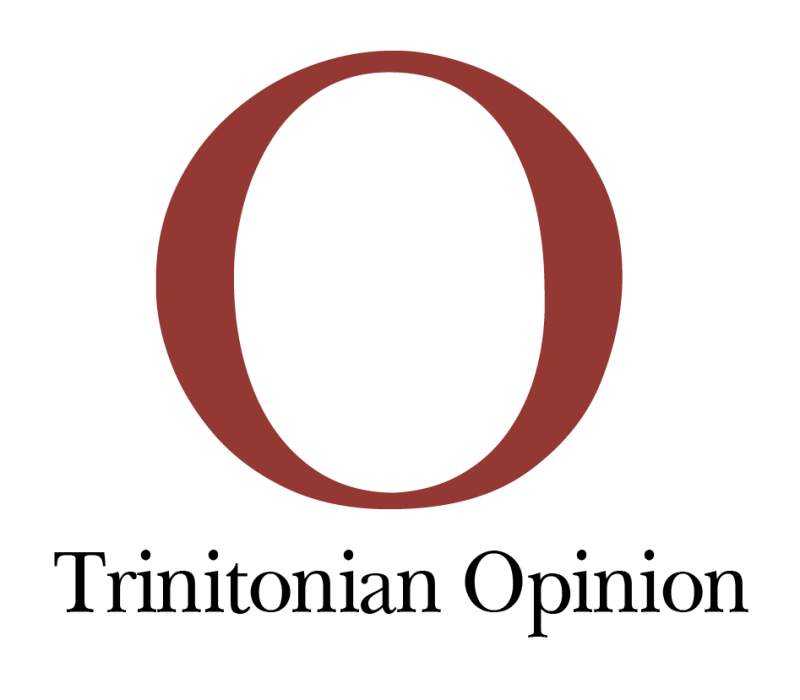Well, better to be scorned than ignored. I need say little about Mr. Rothenbaum’s column. The notion that I am making excuses for racial discrimination is risible. Advocating that certain perspectives be “stomped out” just makes my point.
Professors Singh and Siavoshi are more thoughtful. I think there are three different issues at play. The first is the question of defining “Islamophobia.” A “phobia” is an exaggerated or irrational fear. Thus, someone who is Islamophobic is someone who is irrationally fearful of Muslims. Both Singh and Siavoshi cite data to support the argument that Islamophobia is on the rise. However, expressing unfavorable attitudes about Islam does not make one Islamophobic “” it just means someone has an unfavorable view of Islam! There may be any number of reasons for that, separate from irrational fear.
Readers may be interested to know that a June Gallup poll found that 60 percent of Americans would be willing to vote for a well-qualified Muslim for president (I include myself in that number, by the way). “Evangelical Christian” ranked only 13 points higher. Reversing the question, we find that 38 percent of Americans would NOT vote for a Muslim “” and that one quarter would not vote for an evangelical. Breaking this apart by party, more Democrats are willing to vote for a Muslim (73 percent) than an evangelical (66 percent).
But I addressed my column solely to the clock incident, questioning the assumption that the authorities were motivated by Islamophobia. And that raises the second issue “” how to address security threats.
It is unfortunate that innocent people experience dehumanizing procedures. But we live in a dangerous world of asymmetric conflict, in which one individual with a hidden device can bring down an airplane. Those responsible for public safety and security have a difficult and unenviable job. If they are overly-vigilant, they are criticized for racial animus. If they are not vigilant enough, they are blamed for the resulting deaths. When faced with a security issue, they must make prudential decisions without the time for extended contemplation.
Contrary to Professor Singh’s suggestion, my argument does NOT justify racial profiling. It DOES recognize that there are organized groups of people in the world, sharing certain descriptive characteristics, who want to kill us. When people matching that description seem to be engaged in questionable activities “” an essential qualifier “” it is perfectly rational to be extra vigilant. That is not the same thing as racial profiling.
The third issue concerns my indelicate invocation of the “spiral of silence.” I did not do so in reaction to the Prejudice Panel, but in response to those who dared question the premises of that panel. How Professor Siavoshi can construe that to be a call for confinement of free speech is a mystery. But she goes to great lengths to highlight the level of free speech I enjoy at the university, rightly arguing that free speech does not immunize us against criticism of that speech.
But I did not argue that any specific authority was suppressing free speech. I argued that there is a conventional wisdom in the academy that tends to run in one direction, and the understanding that this direction is “the way we should think” (it’s obviously racism, for example) works to suppress alternative views for fear of public ridicule. A casual glance at some of the comments on social media about this dispute makes this point obvious.
Using me as an example of free speech is problematic, since I have job protection. But if my untenured clone arrived here, I would advise him NOT to embrace my heresies in the public square. Why? Because I once attended a talk by a department chair from another university who openly confessed that she wished she could ask the partisan affiliation of job candidates. Because I know of a group of graduate students and junior faculty who attended a conservative conference and took special pains to ensure that their pictures would NOT end up on social media. Because the chair of another political science department told one of my former students to make sure she did NOT betray any conservative sensibilities during her job interview. Because untenured conservative faculty at other institutions tell me they hope never to have their partisan persuasion revealed before they hit the tenure decision. Because a colleague once told me that I was a good addition to the department “” but that (and I paraphrase) one was enough.
Anecdotes, to be sure, but they reflect the findings of more scholarly studies. I have no complaint about Trinity, which has been very good to me in this area. But political and ideological diversity is far more important in democratic discourse than cosmetic diversity.






